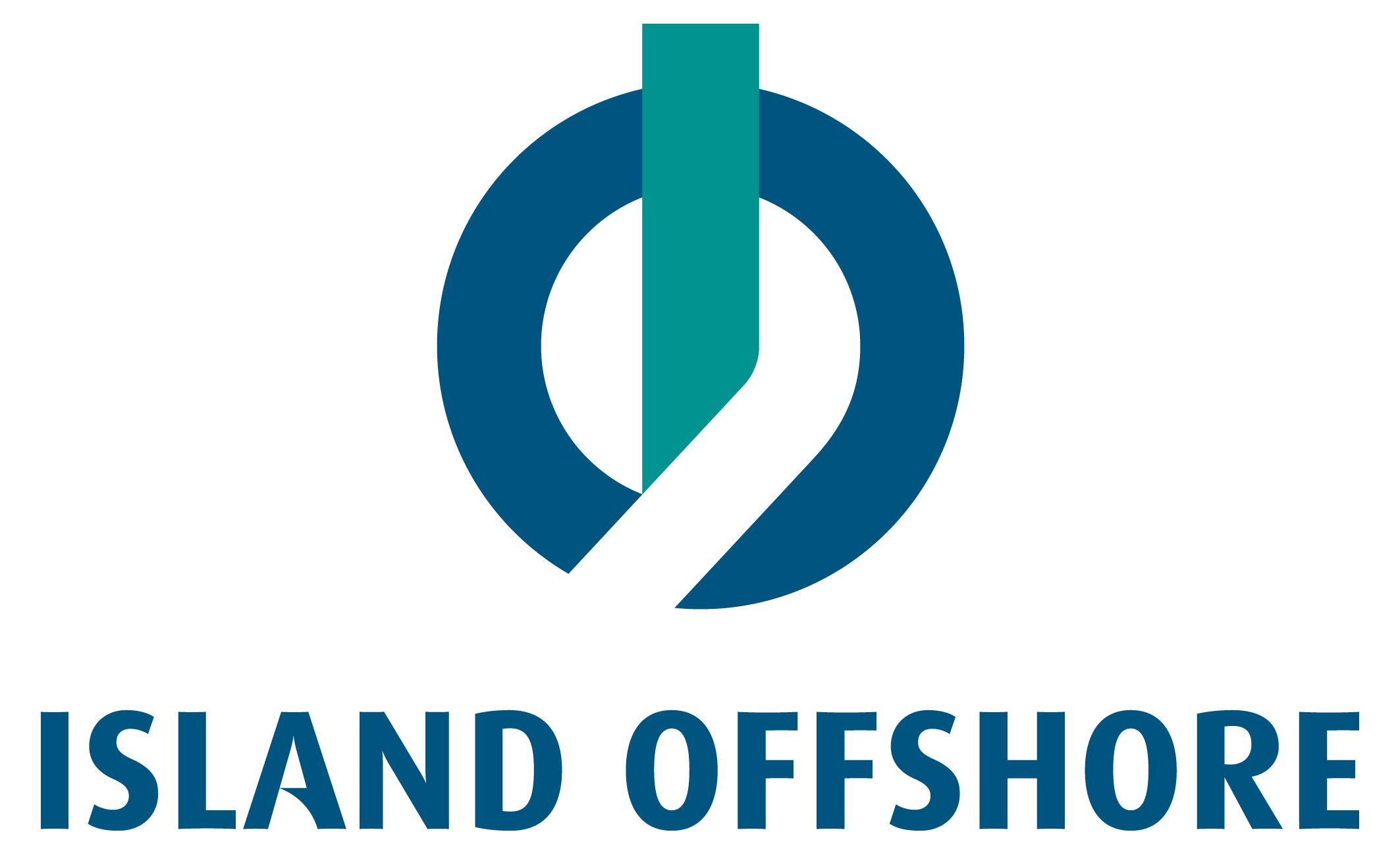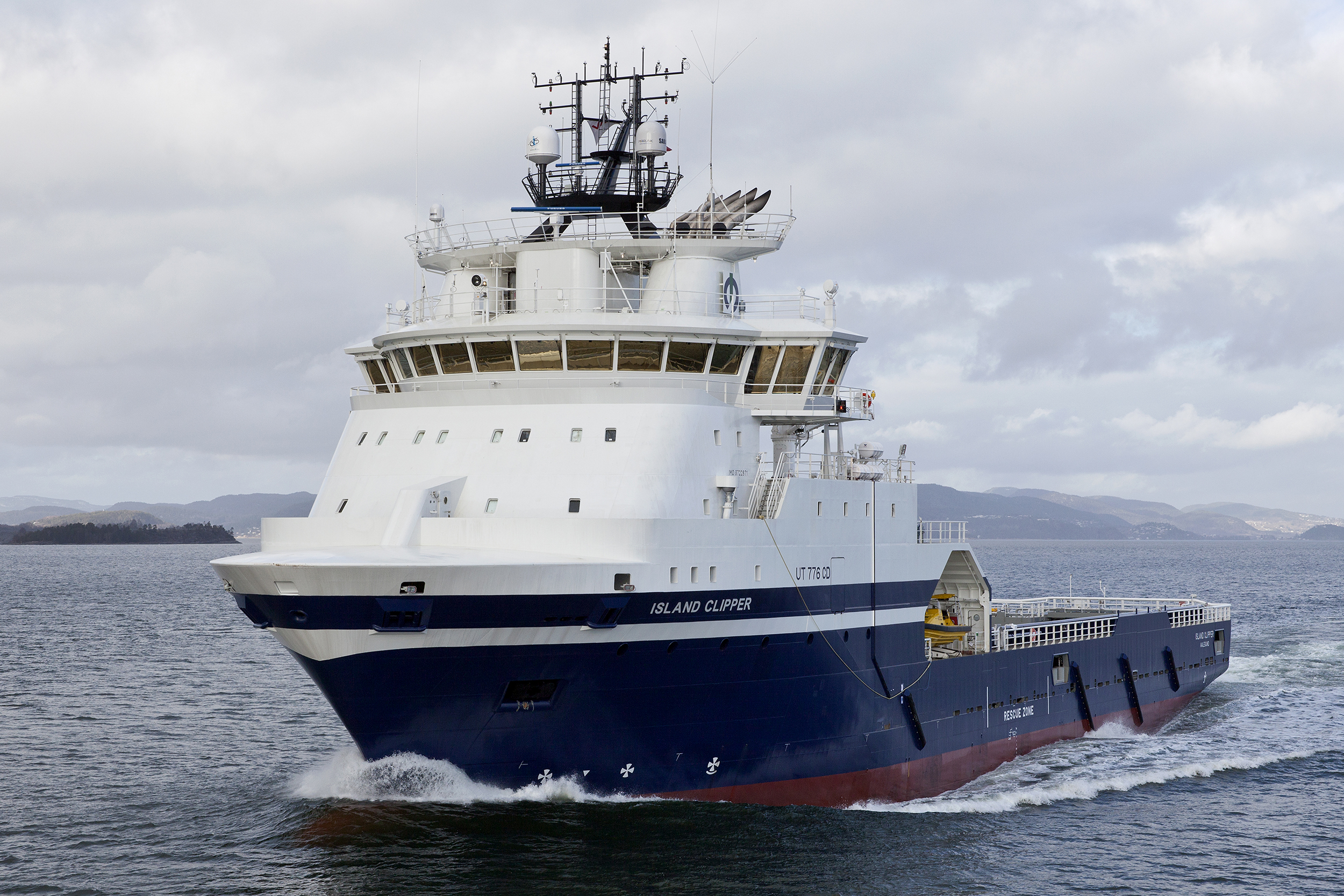Our environmental footprint
Island Clipper is the first vessel in Island Offshore’s fleet to be retrofitted with batteries.
The environmental regulations and customer requirements for emission reduction and zero discharges have become tougher in the past few years and we expect this to continue. Island Offshore is committed to continue reducing our footprint by employing competence and technology in our vessel operations. Our industry has achieved significant reductions in recent years, and this must continue to ensure we contribute to a carbon efficient production of oil and gas. Such technologies include Energy Management Systems, battery hybrid systems and shore connection. More use of LNG as fuel, lower speed and better planning of routes are other initiatives that have been carried out to reduce emissions.
“We have already installed these features on several vessels and plan to continue this work going forward,” says Managing Director in Island Offshore, Tommy Walaunet.
“Ideally we would consider retrofit on all vessels with a significant improvement potential, but financing is scarce following the industry downturn, and we are dependent on partnering with customers to fund these projects”, Tommy explains.
“Equinor and other majors have contributed significantly to financing the retrofit of batteries in connection with long-term contracts. This ismuch appreciated, and something we would like to see more of. The same can be said about the financial support offered by the NOx Fund and Enova.”
The greatest contribution to reducing emissions is our people and their skills and knowledge about vessel operations.
Increase environmental awareness
The total emission from Island Offshore’s fleet is significant but is declining year on year.
“We have to take responsibility and be open about our footprint. If we can increase the environmental awareness of our employees, this will release innovation potential in our organization and new ideas can be mutually developed,” Tommy states.
And it has already been done a lot: Emissions have been reduced by 30-40% through goal-oriented measures such as improved design and hull shapes, more effective propulsion systems, purifiers for exhaust, filter technology etc. Island Offshore also has two vessels operating on LNG in their fleet.
“Norway represents a small part of the global emissions, but I agree that FN’s climate reports calls for all players to contribute and do more,” Tommy says.
“Closing down the most carbon efficient oil-and gas industry in the world does not make sense, when other energy sources pollute so much more,” he concludes.
The exhaust pipes of Island Crusader showing diesel engine exhaust to the left versus the LNG engines emissions to the right.
“Norway represents a small part of the global emissions, but I agree that FN’s climate reports confirms that we need to do something more,” Tommy says.
“Closing down what might be the cleanest oil-and gas industry in the world though, is not the solution when other energy sources pollute so much more,” he concludes.


